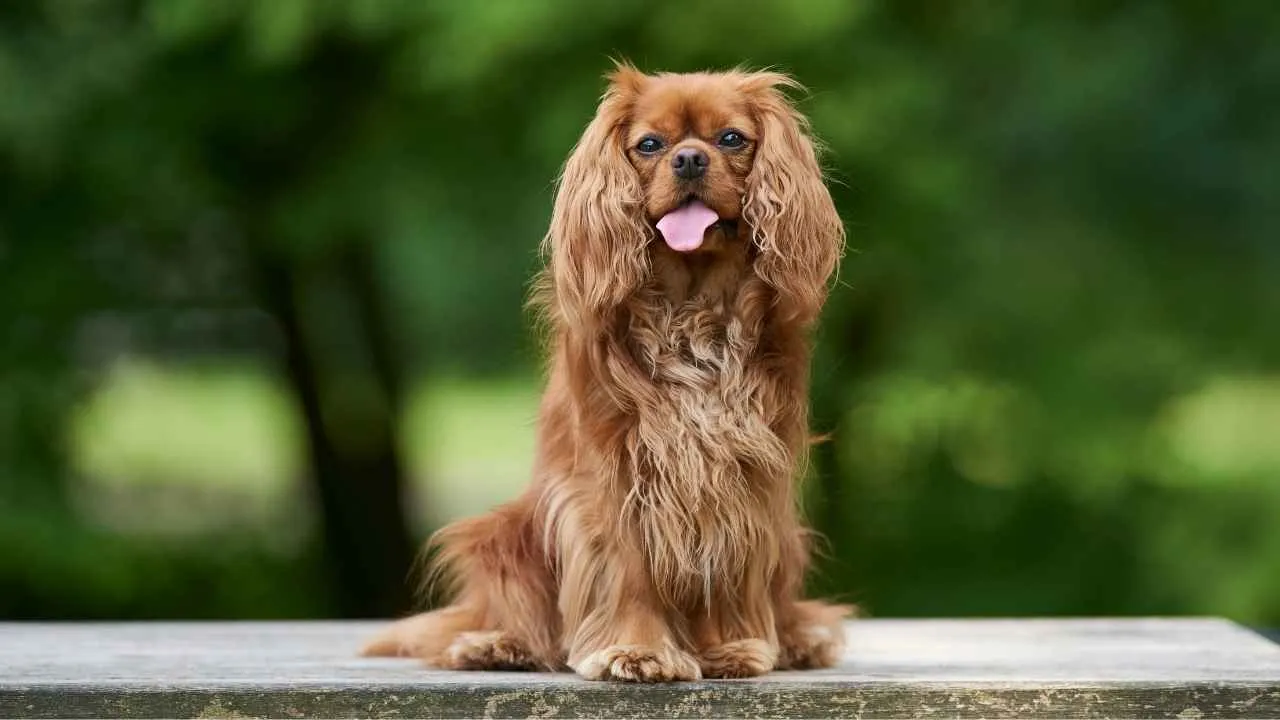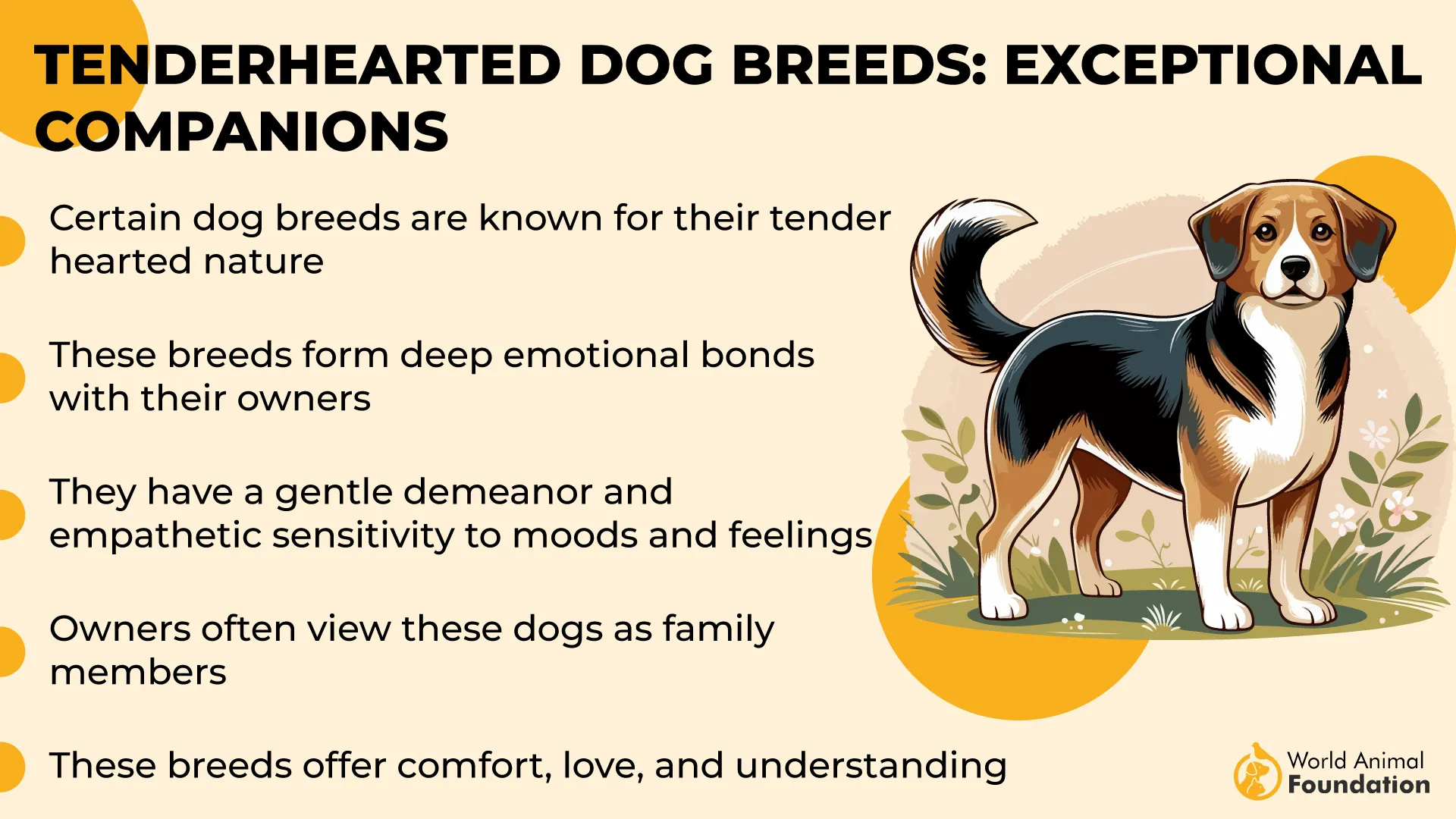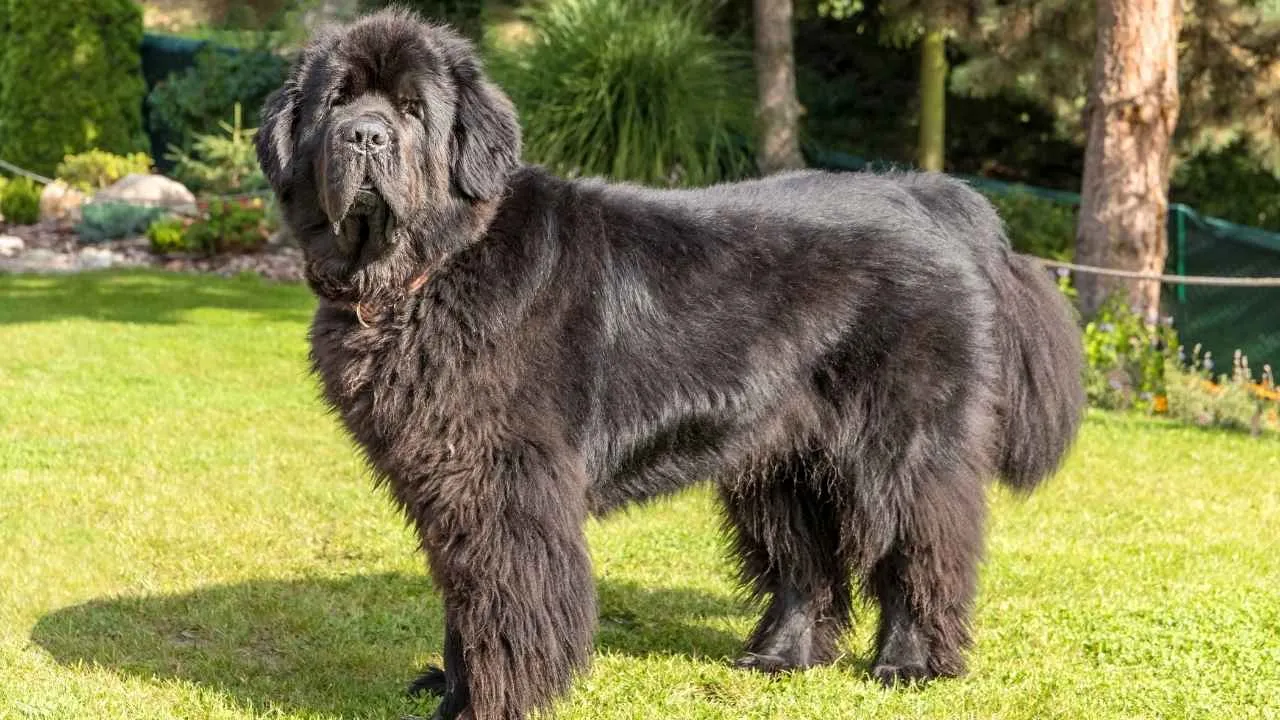Not every dog is a whirlwind of energy. Some breeds are naturally composed, steady, and emotionally balanced, traits that make them ideal for households seeking peace over play. If you’re looking for a calm, emotionally grounded canine companion, certain breeds stand out for their reliable temperament and relaxed demeanor.
These emotionally calm dog breeds are known for being unflappable under pressure. They tend to stay composed around new people, loud noises, and environmental changes, qualities especially valued in therapy or emotional support dogs. While no dog is entirely maintenance-free, these breeds are less likely to exhibit anxious, hyperactive, or reactive behavior when their basic needs are met.
This guide explores dog breeds that excel in offering emotional stability, companionship, and consistent behavior. Whether you’re a first-time pet parent, living in a small space, dealing with stress, or seeking a calm presence to support your mental well-being, these dogs deliver connection without chaos.
Let’s meet the breeds that embody calm, comforting companionship at its best.
Emotionally Calm Dog Breeds
1. Shih Tzu

Shih Tzus are renowned for their gentle and affectionate nature. Originally bred to be companions for Chinese nobility, they bring a dignified calm to any home setting. They are typically tolerant of children and bond deeply with their families.
While they enjoy attention, they’re emotionally balanced and don’t demand constant activity. Their play is gentle and short-lived, often followed by long stretches of lounging. This low-energy rhythm makes them well-suited for quiet environments.
Shih Tzus adapt well to apartment life due to their small size and relaxed indoor behavior. They don’t startle easily and are unlikely to bark unless something is truly amiss. Their composed nature makes them excellent for seniors or emotional support roles.
Daily walks and some play suffice to keep them happy; their emotional needs are mostly met through companionship. Their long coat does require grooming, but their temperament remains calm even during brushing and care.
Quick Tips
Responds well to a stable daily routine
Use gentle grooming tools to maintain the coat without stress
Benefits from quiet one-on-one companionship
2. Havanese

The Havanese is a gentle, adaptable breed that blends cheerful energy with emotional steadiness. Their affectionate, low-stress temperament has earned them a place among the most emotionally calm companion dogs. They enjoy company but aren’t prone to separation anxiety when properly acclimated.
They are known for their social nature and thrive in both quiet and moderately active homes. Their reactions to noise, visitors, or new environments are generally composed and curious rather than anxious or reactive.
Though playful, Havanese don’t require constant motion or high-intensity activity. They’re happy with short walks and light indoor games. Their emotional intelligence helps them sense household energy and adjust accordingly.
They bond easily with children, the elderly, and other pets, making them versatile companions. They seldom bark excessively and are responsive to soft, positive training. With gentle guidance, they become incredibly well-mannered housemates.
As Purina notes that Havanese are bright, emotionally even-tempered dogs who make excellent family and support animals.
Quick Tips
Use positive reinforcement for gentle training
Moderate brushing prevents coat matting without stress
Acclimate gradually to avoid clinginess
3. Cavalier King Charles Spaniel

Cavaliers are affectionate spaniels with an emotionally balanced temperament, ideal for anyone seeking a gentle, calming companion. They are naturally friendly and bond easily with people of all ages. Even in new settings, they remain composed and polite.
These dogs are tuned into human emotions and often gravitate toward someone feeling down, offering quiet comfort. They’re especially sensitive to tone and mood, adjusting their behavior accordingly without drama or anxiety.

While they enjoy a little play and daily walks, they don’t demand constant stimulation. Cavaliers prefer lounging beside their humans or resting calmly nearby. Their quiet presence often has a soothing effect on the household.
They typically get along well with children, seniors, and other pets, which makes them great for multigenerational homes. They rarely bark without cause and respond best to gentle, encouraging commands.
Quick Tips
Brush ears and chest regularly to avoid matting
Monitor for heart conditions, especially with age
Great for low-activity families seeking steady companionship
4. Pug

Pugs are emotionally intuitive, sweet-natured companions with a naturally calm outlook. They enjoy being close to their owners but aren’t clingy, and their even-keel energy makes them pleasant to live with. They’re ideal for those who want a laid-back, affectionate pet.
They prefer lounging and cuddling to rigorous activity, making them great companions for quiet households. Pugs are rarely startled and are generally relaxed around noise, children, or other animals.
Short walks and indoor play sessions are enough to keep them content. Because they’re emotionally stable, they don’t overreact to changes in routine. Instead, they adapt smoothly as long as they feel secure.
Though they’re prone to snoring and snorting, their overall disposition is gentle and humorous rather than chaotic. Their strong desire to please makes them easy to train with positive reinforcement.
Pugs are charming, mellow, and emotionally low-maintenance dogs ideal for stress-free homes.
Quick Tips
Avoid overheating; pugs are sensitive to heat
Keep them mentally engaged with gentle games
Monitor their weight and breathing as they age
5. Basset Hound

Basset Hounds are famously calm and emotionally grounded dogs. Known for their droopy expressions and slow-moving nature, they are steady, gentle companions that rarely display signs of reactivity or nervousness. Their laid-back attitude is consistent in most environments, from quiet homes to bustling families.
Despite their hunting background, Bassets don’t require constant activity or stimulation. A few slow walks and time spent lounging are enough to keep them satisfied. Their independence makes them less likely to suffer from separation anxiety if given proper structure early on.
Basset Hounds are sociable but never demanding. They enjoy company without being clingy and generally get along well with other pets and children. Their vocalizations are more likely tied to boredom than agitation, and they seldom bark excessively.
Their emotional resilience means they don’t startle easily or respond impulsively to new stimuli. This makes them suitable for homes that value predictability and calm. Even in training, they are patient learners when approached with consistency and positive reinforcement.
As noted by AKC, Basset Hounds are laid-back, emotionally stable dogs whose easygoing demeanor makes them excellent for relaxed households.
Quick Tips
Watch for weight gain; their calm nature can lead to inactivity
Clean ears regularly to avoid infections
Use food rewards and gentle consistency for training success
6. Newfoundland

Newfoundlands are famously gentle and emotionally balanced. Often called “gentle giants,” they are calm, dependable, and thrive in patient households. Their laid-back demeanor makes them a popular choice for therapy work and emotional support.
Newfies are loyal without being needy, forming strong yet serene bonds with their families. They’re affectionate with children and other animals, often showing a protective but soft-spoken nature. Barking is infrequent, and they rarely overreact to unexpected stimuli.
Their deep intelligence allows them to understand human emotions and adjust their behavior accordingly. They’re known to quietly position themselves near someone who seems upset, offering quiet comfort without fuss. This intuitive calm makes them stand out in emotionally supportive roles.
Although they require space due to their size, their energy levels are surprisingly moderate. A couple of relaxed walks and indoor companionship are usually enough to satisfy their needs.
Mental stimulation through bonding and slow-paced training also suits them well. Newfoundlands’ tranquil nature and emotional sensitivity are key reasons why they make excellent therapy and family dogs.
Quick Tips
Groom regularly to manage their thick, water-resistant coat
Monitor heat exposure, especially during warm months
Ideal for homes with space and a calm pace of life
7. French Bulldog

French Bulldogs are widely loved for their chill, companionable temperament. These small, sturdy dogs thrive on affection but are not prone to emotional outbursts or separation anxiety if introduced gradually. They’re adaptable and do well in both apartments and homes.
They enjoy being around people but don’t demand constant attention. Frenchies are great with kids and other pets, and they rarely bark excessively. Their calm demeanor makes them easy to take into public settings without drama.
While playful and occasionally mischievous, they’re not hyper or high-strung. They often prefer lounging beside their humans over running laps around the yard. This preference for low-energy interaction makes them a favorite for city dwellers and relaxed households.
French Bulldogs are emotionally steady and don’t startle easily. With proper socialization, they’re confident in new environments and friendly with strangers. Their self-assured but composed attitude makes them ideal as emotional support animals.
According to WebMD, Frenchies’ even temperament and moderate exercise needs make them one of the most emotionally manageable breeds for families and individuals alike.
Quick Tips
Keep walks short to avoid overheating due to a brachycephalic build
Monitor diet closely to prevent weight gain
Use calm training methods; they respond better to praise than pressure
Conclusion
Whether you’re looking for a calm companion to ease anxiety, a gentle addition to a family, or a dog who simply enjoys close companionship without overwhelming energy, emotionally calm dog breeds can be the perfect match. These breeds often share a gentle nature, empathetic demeanor, and strong bonds with their humans, making them great emotional support animals, even though, unlike service dogs, they don’t require specific training.
From larger dogs like the Newfoundland to smaller lap dogs such as the Shih Tzu, calmer breeds bring joy through their loving nature and calming presence. Their ability to sense emotions and respond with affection makes them highly effective therapy dogs and emotionally supportive pets. According to the American Kennel Club, traits like unwavering loyalty, friendly and gentle nature, and minimal grooming needs make many of these dogs ideal for a wide range of living situations.
Choosing the right breed depends on your own personality traits, space, lifestyle, and grooming requirements. Some dogs thrive with enough space and regular grooming, while others adapt perfectly to apartment living and only need occasional brushing. What they share is the capacity to offer emotional balance, gentle handling during training sessions, and lasting bonds as a new family member.
Ultimately, calm breeds, large or small, excel not only as quiet companions but as empathetic partners that bring stability and comfort into daily life. If you’re seeking a dog that offers love, predictability, and close companionship, one of these emotionally steady breeds may be your perfect match.


